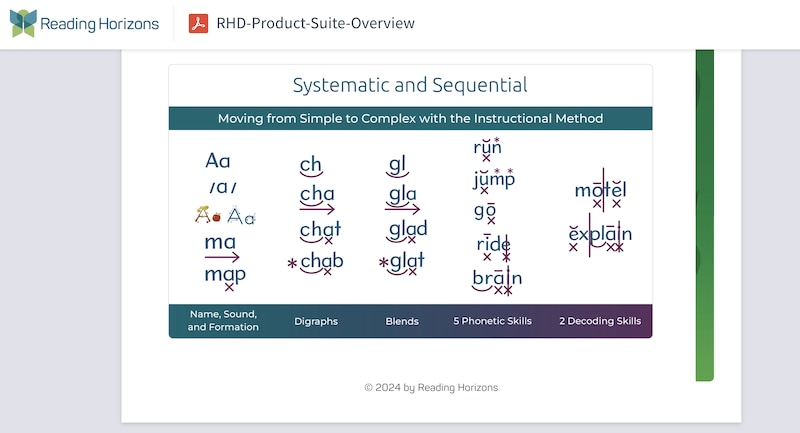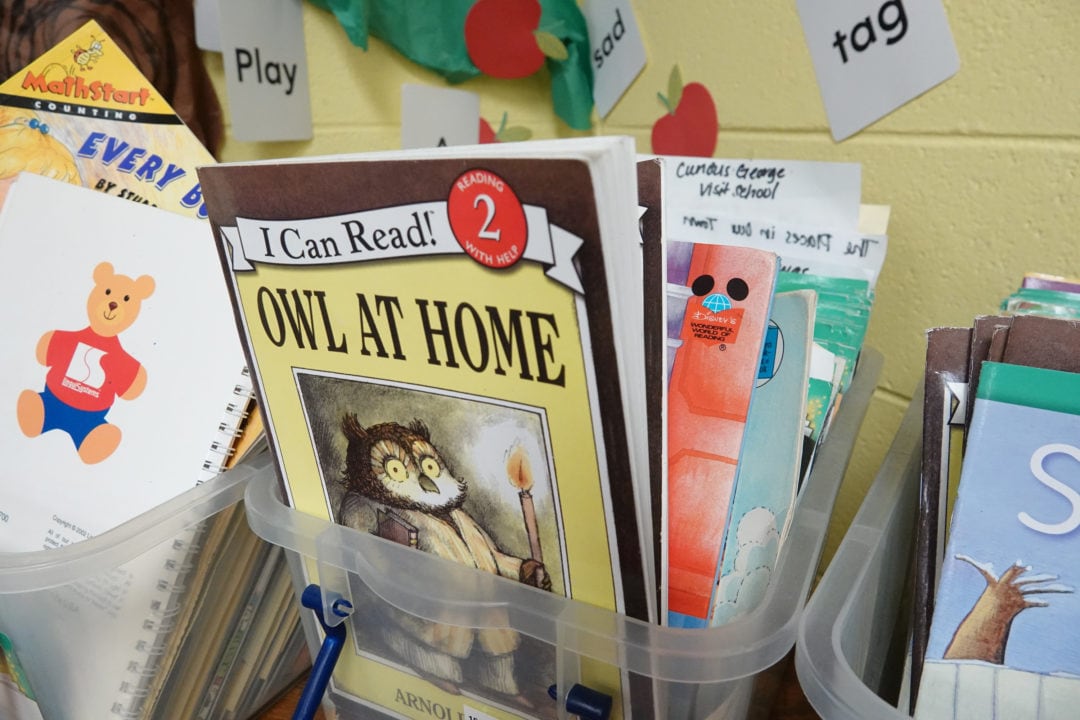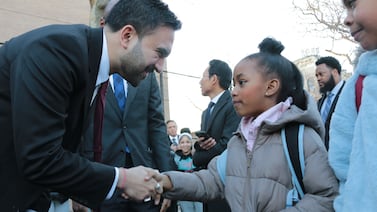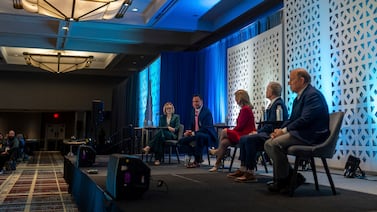Sign up for Chalkbeat Tennessee’s free newsletter to keep up with statewide education policy and Memphis-Shelby County Schools.
Memphis students with dyslexia will start receiving targeted reading support this school year through the district’s first universal intervention program in an effort to increase state test scores.
Under a nearly $540,000 contract approved by the Memphis-Shelby County school board last month, an outside literacy company will boost support for nearly 5,000 students who show characteristics of dyslexia. But one local reading expert noted that many students struggle with comprehension, which needs intervention beyond foundational skills.
MSCS is required by state law to screen every student for signs of dyslexia, such as difficulty connecting letters with sounds. But Tennessee allows only an outside provider such as a licensed psychologist to give an official dyslexia diagnosis to students, in order to trigger state and federal disability services.
Jo Anna McCall, an education consultant for Utah-based Reading Horizons, the literacy company contracted by the district, said the end goal of the program is to increase MSCS scores on the Tennessee Comprehensive Assessment Program, or TCAP. Nearly 75% of Memphis students didn’t test as proficient in reading last year.
McCall said students with characteristics of dyslexia often get “lost in the shuffle” of general classroom instruction.
“Many have fallen through the cracks, and it’s going too fast for them, and so we have to slow down,” she said.
In an Aug. 26 board meeting, MSCS leaders said Reading Horizons will train at least one district staff member per school building to run small group tutoring sessions using the company’s dyslexia-focused curriculum by the end of the school year.
It’s unclear who exactly will receive that training or when they will run the 30-minute intervention sessions recommended by the company.
Reading Horizons’ method is based in the science of reading, a literacy strategy focused on phonics and fluency that has gained traction in education systems in recent years. Laura Kelly, a Rhodes College education professor who specializes in elementary literacy, said MSCS already uses the science of reading in its classroom curriculum.
“So my question is, what is this adding that their existing curriculum doesn’t already have?” she said.
Focusing on foundational phonics skills will help students with dyslexia, Kelly said. But she worries that won’t translate into improvement on comprehension skills – which means it’s unlikely to boost TCAP scores.
“TCAP is not a phonics test; it’s a comprehension test,” Kelly said. “And there is a good chunk of kids that master foundational skills, and then they still don’t comprehend what they’re reading.”
McCall said Reading Horizons’ method does go beyond phonics skills, including time in each lesson to read and write sentences or passages of text.
The company’s method is unique, she said, because of a “marking system” that helps students sound out words. Students mark vowels with x’s, break words into syllables, and follow simple pronunciation rules that McCall says guide about 75% of English words.

“I think of this as training wheels on a bicycle,” McCall said. “As students are learning the patterns to the word, they’re going to have these markings. And then when they read passages, the marks won’t be there, but they can apply them when they come to an unfamiliar word.”
According to Reading Horizons’ contract, the company will provide scripted manuals, flashcards, and longer texts targeted to skills students are learning. There will also be one six-hour training for chosen MSCS staff and one-day targeted coaching budgeted at $3,000 each for 30 sessions.
MSCS Director of Curriculum Amy Maples said the district is investing the “bare minimum” funding level for Reading Horizons’ program, which company leaders said cuts out additional training and coaching sessions for school staff.
But Maples said MSCS could invest more in the program after the first year depending on results. The contract with Reading Horizons has the option for renewal through 2030.
District leaders will also be screening more students for characteristics of dyslexia this year, according to an emailed statement sent to Chalkbeat.
Bri Hatch covers Memphis-Shelby County Schools for Chalkbeat Tennessee. Reach Bri at bhatch@chalkbeat.org.






